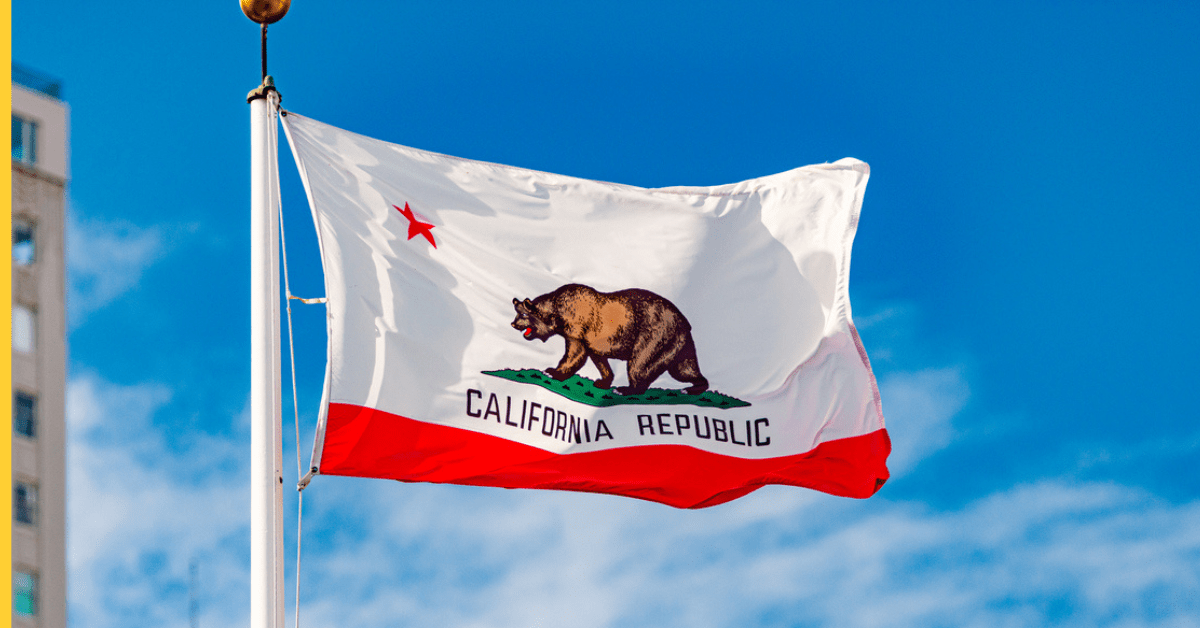
Legislative momentum behind California’s Assembly Bill 831 (AB 831), which targets sweepstakes gaming operations, continues to grow despite a mounting coalition of opposition from civil rights organisations, business advocates, and advertising groups.
The bill, focused on prohibiting modern sweepstakes gaming platforms, advanced through the Senate Public Safety Committee with a unanimous 6-0 vote, signalling strong bipartisan support and pushing the legislation one step closer to enactment.
Originally introduced to amend California’s laws relating to tribal-state gaming compacts, AB 831 has been refocused to crack down on sweepstakes gaming operators and associated actors, including suppliers, payment processors and geolocation providers.
This has triggered alarm among several advocacy groups and trade associations, who argue the bill’s language is overly expansive and could result in criminal liability for legitimate enterprises.
The Social Gaming Leadership Alliance (SGLA), one of the bill’s most vocal opponents, has urged lawmakers to halt its progress and consider a longer-term discussion.
Led by Executive Director Jeff Duncan, a former US Congressman, the SGLA contends that the current iteration of AB831 could inadvertently criminalise free-to-play online games and threaten a host of economic contributors.
Duncan emphasised that the legislation risks undermining businesses that offer digital entertainment and rely on legal promotional sweepstakes models.
According to Duncan, rushing the bill through the legislature could cause unintended consequences for California’s tech sector and digital gaming market.
He has called for AB 831 to be reclassified as a two-year bill, allowing more time for consultation and stakeholder engagement.
The Social and Promotional Games Association (SPGA) also urged lawmakers to vote no on the bill and to make it a two-year bill instead, calling the proposal “too vague, too rushed, and too risky”.
Elsewhere, the American Civil Liberties Union (ACLU) of California has also registered its opposition, citing the bill’s potential civil liberties implications.
Currently, gambling violations under Penal Code Section 330 carry a maximum punishment of six months in jail and a $1,000 fine in California.
Under AB 831, those penalties would increase significantly, with jail time potentially doubling and fines increasing by 2,500%.
The ACLU warned that such punitive measures are unlikely to deter crime but could ensnare ordinary individuals who unknowingly engage with sweepstakes promotions.
Further opposition has come from prominent trade organisations, including the Association of National Advertisers (ANA), whose members include tech and media giants like Google and NBCUniversal.
These organisations argue that AB 831 could negatively impact digital advertising and promotional campaigns that incorporate sweepstakes elements legally used in customer engagement strategies.
Additional groups, such as the American Transaction Processors Coalition and Californians United for a Responsible Budget, have joined the effort to challenge the bill, expressing concern over its potential to impose burdensome regulations on financial and promotional services.
The legislative trajectory of AB 831 remains uncertain, though its current progress and lack of opposition in committee suggest it may advance further in the Senate.
Having passed the Senate Public Safety Committee, it now advances to the Senate Appropriations Committee for deliberation.
If eventually passed and signed into law, the bill would establish a new paradigm for how California handles digital promotional gaming.